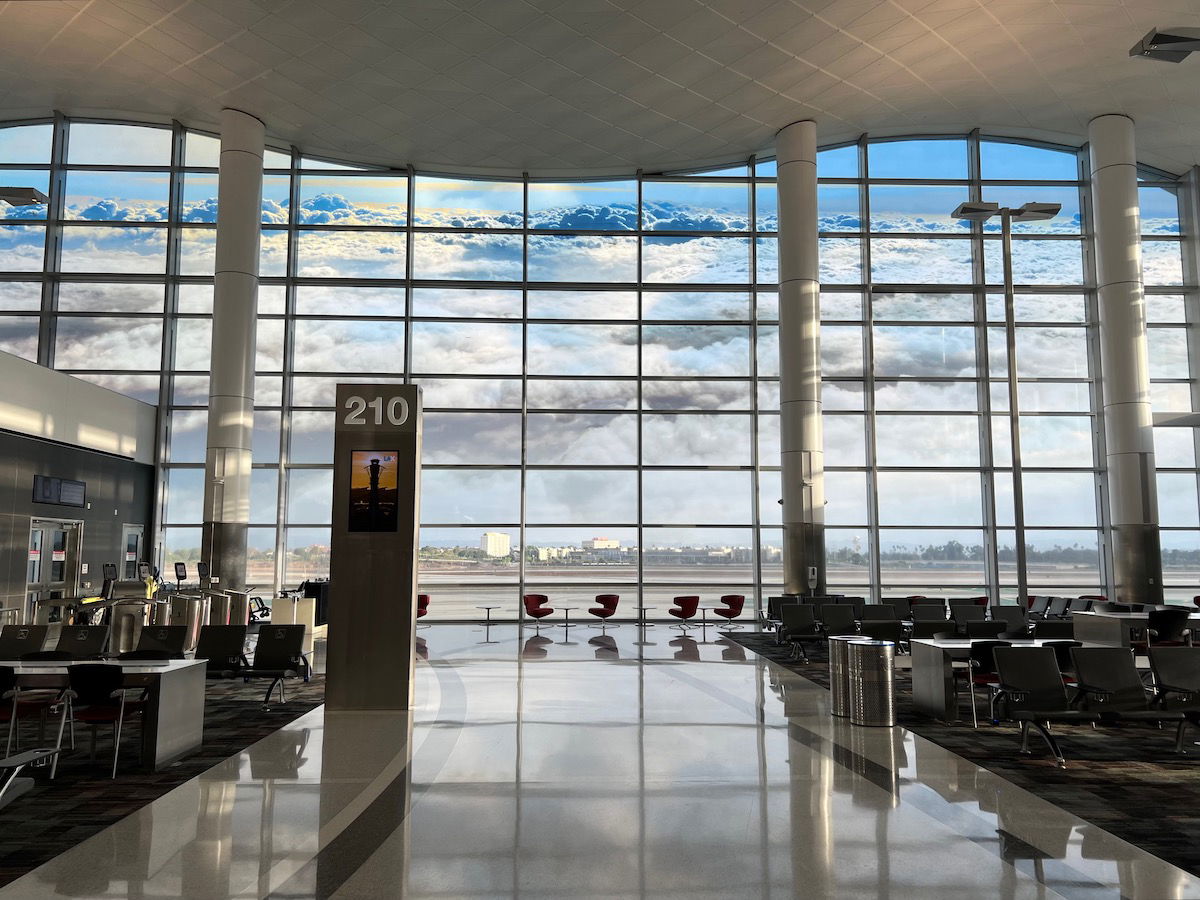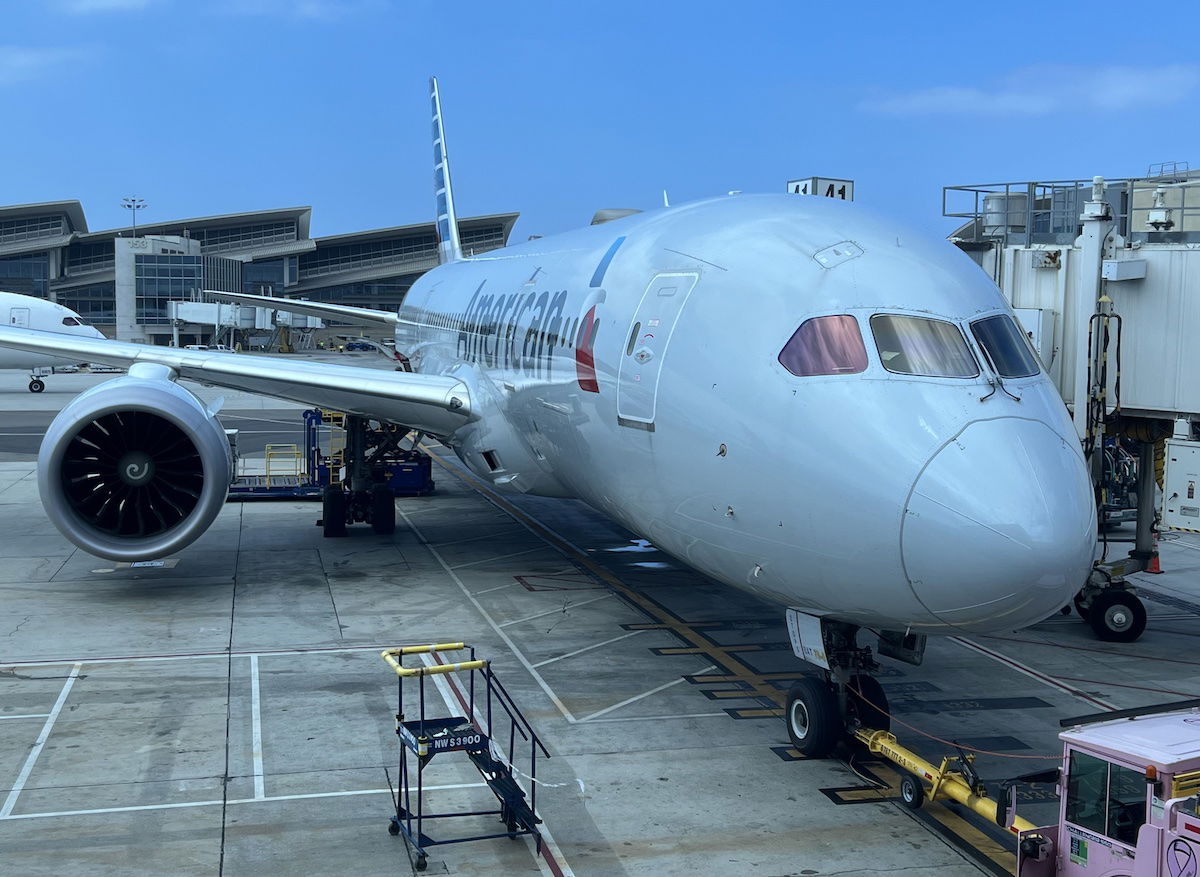The president of the American Airlines pilots union told their members that they should show up late for their flights if they wanted to prove a point to both airlines and the TSA.
Eligible pilots and flight attendants can enter the sterile area of the airport without being screened with the help of the known crewmember program. The intent is that this will save crews time and allow the TSA to better allocate its resources to passengers who pose a greater risk.
When crews use a known crewmember checkpoint, they can be randomly screened. It makes sense that there would be some element of surprise, just to make sure crews aren't trying to transport drugs, weapons, or anything else.
Several reports of flight attendants trying to smuggle drugs through the checkpoint have been reported over the years.
In the past few months, the number of secondary screenings at known crewmember checkpoint has increased to the point that sometimes people get secondary screening more often than not. There are rumors that changes could be coming to known crewmember.
The union that represents pilots is telling its members to deal with this.

Ed Sicher is the president of the APA. Sicher told pilots in a memo that they should avoid known crewmember checkpoint. Explaining the problem is the first thing he does.
“The word ‘expeditious’ can no longer be used in the same sentence as KCM. The KCM ‘privilege’ has become anything but due to the rising number of secondary screenings our pilots are being subjected to on a regular basis. It is not unusual for a pilot to be ‘randomly’ screened six or seven consecutive times. The rate of these screenings has increased to the point where expeditious screening at KCM has been replaced by unpredictable and in some cases lengthy delays.”
According to Sicher, pilots used a known crewmember checkpoint two million times in the year 2021. He doesn't believe the increase in secondary screenings is appropriate.
What is he suggesting? Don't jump ahead of any passengers in the security lines.
“Since KCM no longer appears to be working as it was originally intended, it may be time for pilots to consider forgoing it completely until expedited screening becomes a reality again. Accordingly, I recommend using the standard passenger entry points for security screening when beginning and connecting on our sequences. For those who choose to do so, please do NOT jump in front of passengers who may also be harried and late due to the unpredictable nature of the TSA checkpoints.”
He is telling pilots not to jump the line. There is a reason for employees to cut the line.
“By temporarily bypassing the KCM screening checkpoints, we will highlight to both the TSA and management the problems that have arisen with the system. Once KCM has been fixed to the point that it is once again a predictable means of expeditious security screening, I will be the first to encourage our pilots to exercise the privilege. Until then, you should consider utilizing traditional TSA screenings and wait in line with our passengers.”
There isn't much left to think about here. The intent is to have flights delayed in order to get airlines to pressure the TSA to reduce the number of secondary screenings.

The pilots are not happy with the number of secondary screenings they are getting at the known crewmember checkpoint. Members of the Allied Pilots Association are being encouraged to forgo the checkpoint.
The union wants members to use the regular security lines and not skip anyone, in order to highlight the issue to both airlines and the TSA.
If you see an increase in the number of pilots in standard security lines, you know why, because most pilots won't voluntarily deal with a checkpoint.
What do you think about the union's approach to checkpoint delays?